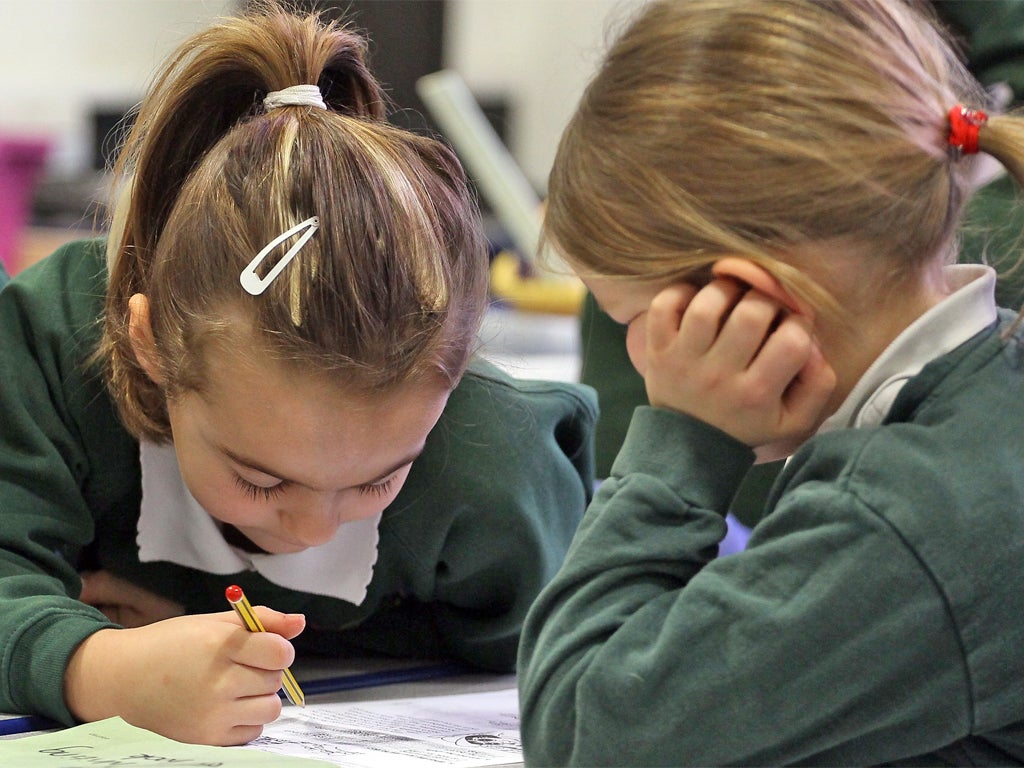Third of six-year-olds are struggling to read

Your support helps us to tell the story
From reproductive rights to climate change to Big Tech, The Independent is on the ground when the story is developing. Whether it's investigating the financials of Elon Musk's pro-Trump PAC or producing our latest documentary, 'The A Word', which shines a light on the American women fighting for reproductive rights, we know how important it is to parse out the facts from the messaging.
At such a critical moment in US history, we need reporters on the ground. Your donation allows us to keep sending journalists to speak to both sides of the story.
The Independent is trusted by Americans across the entire political spectrum. And unlike many other quality news outlets, we choose not to lock Americans out of our reporting and analysis with paywalls. We believe quality journalism should be available to everyone, paid for by those who can afford it.
Your support makes all the difference.Almost one in three six-year-olds are struggling to read after a year of compulsory schooling, according to test results of six-year-olds published by the Government on Thursday.
However, the figures are an improvement on the previous year - the first year of the phonics screening test for all six-year-olds - when only 58 per cent passed the test compared with 69 per cent in 2013.
In the test, six-year-olds are told to spell 40 words - 20 real and 20 made up like “voo”, “spron”, and “terg”. A total of 177,000 children failed to reach the pass mark of 32 in this year’s test.
A breakdown of the figures revealed girls doing better than boys - with 73 per cent reaching the pass mark compared with just 65 per cent of boys.
Teachers’ leaders have criticised the test, claiming that cleverer children fail it because they try to make real words out of the made-up ones. The rise in the pass rate, some argue, could be because teachers and pupils are now more familiar with it.
“We are committed to improving children’s reading,” said Education Minister Elizabeth Truss. “Many thousands of children will now receive the extra support they need to catch up with their peers and develop a love of reading.
However, delegates at the National Union of Teachers’ annual conference earlier this year called for a boycott of the test next year - describing it as educationally unsound.
Christine Blower, general secretary of the NUT, said: “This test really is quite pernicious. To be telling five and six-year-olds that they have failed is quite simply wrong.
“In many other countries with successful education systems, such as Finland, most children haven’t even started school until seven.”
She added: “Encouraging reading for pleasure in our schools would be of greater benefit to children’s reading than this unnecessary test.”
Join our commenting forum
Join thought-provoking conversations, follow other Independent readers and see their replies
Comments